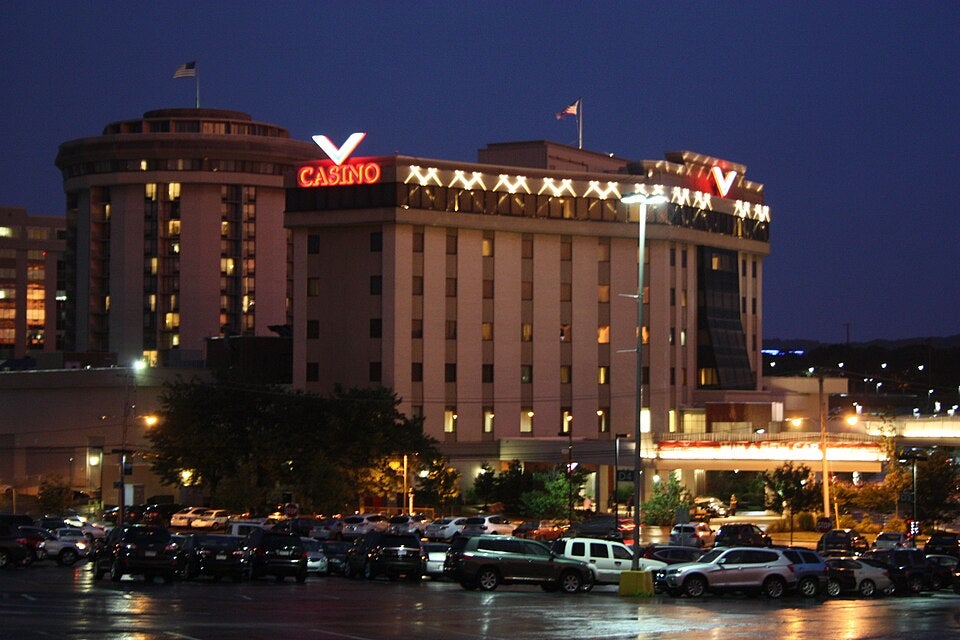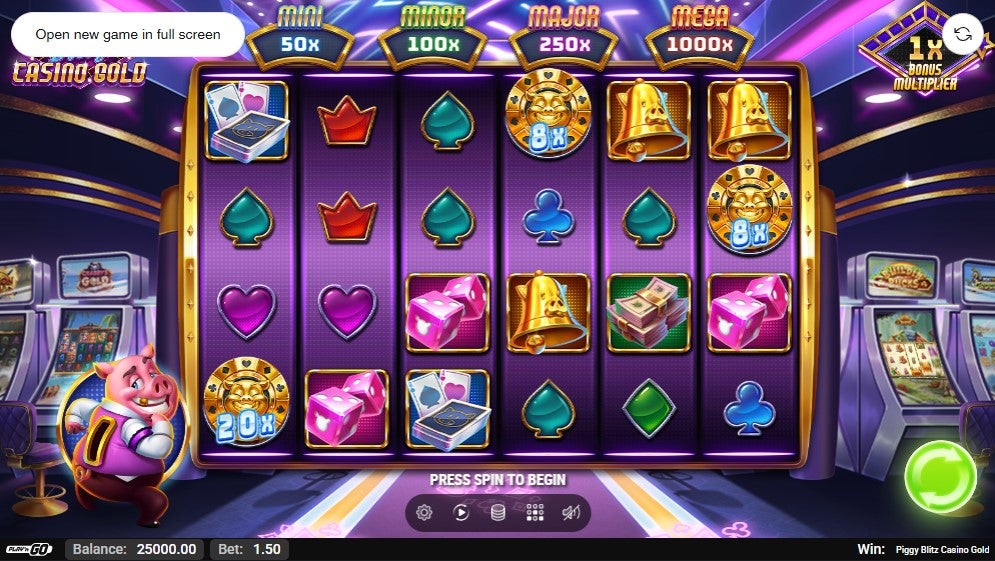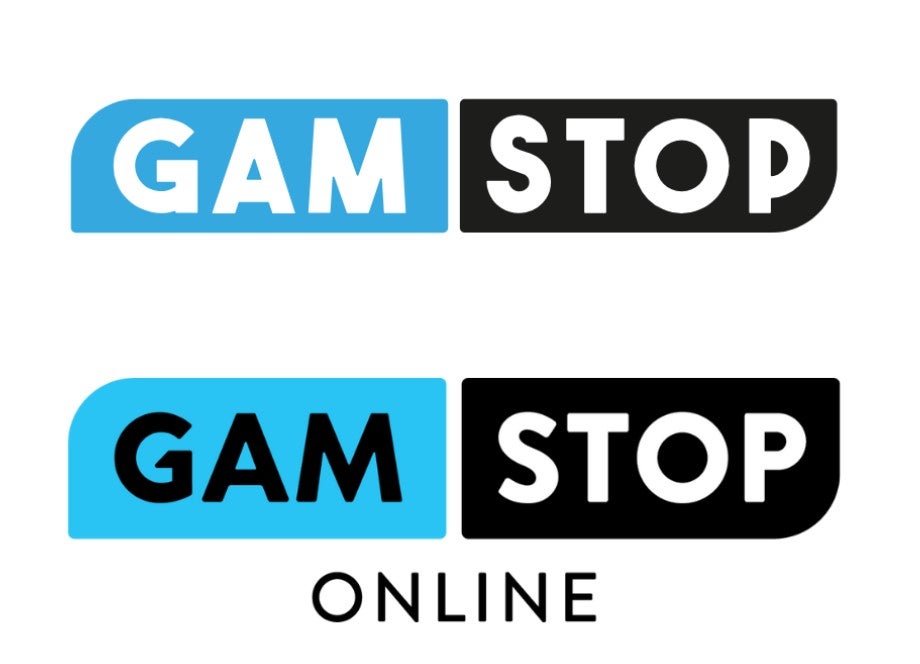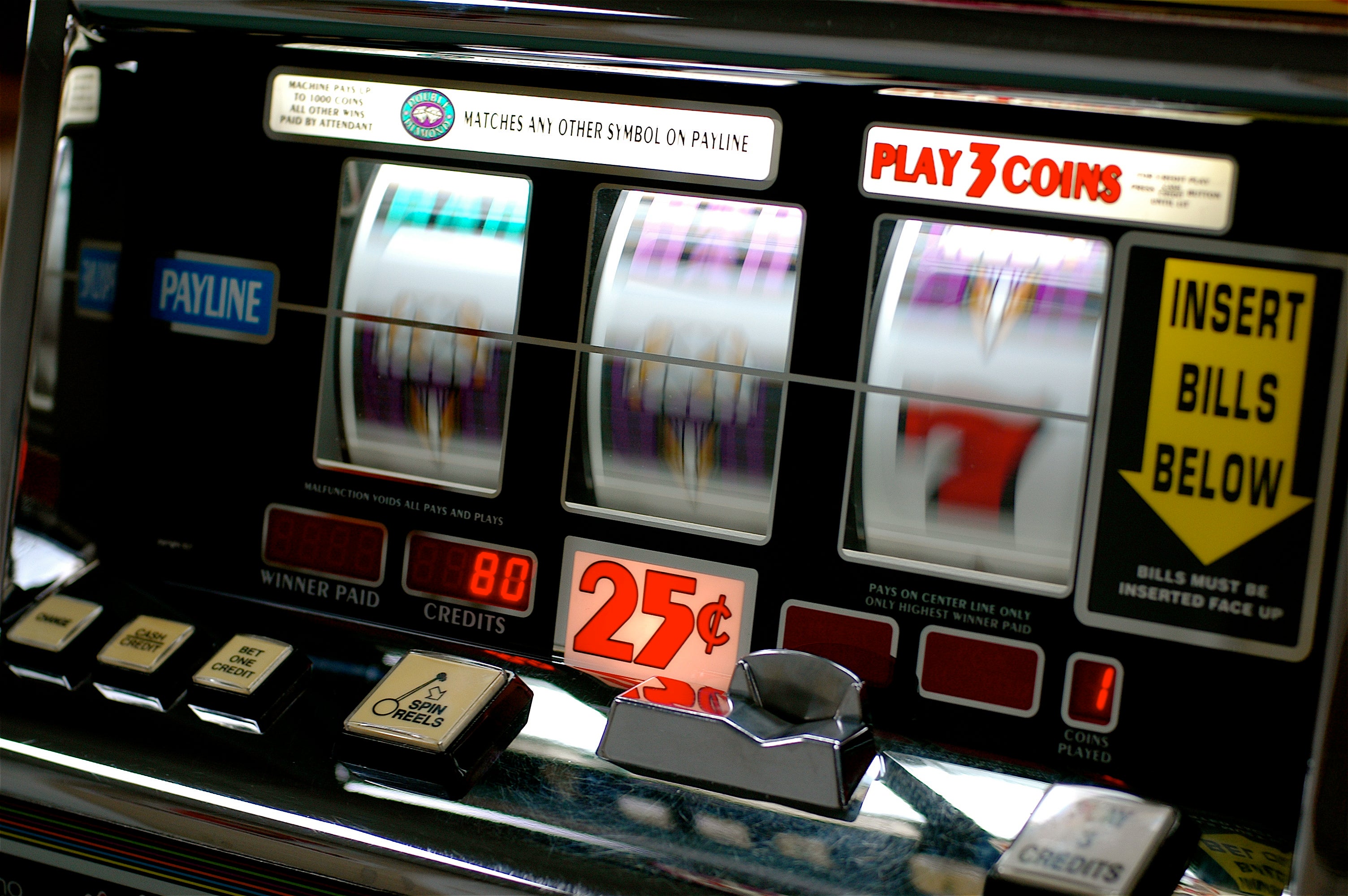Cleaning up the market (again)
None of the platforms that received cease-and-desist letters were licensed to operate in Michigan. In providing gaming services to the state’s residents, they were accused of breaking the Lawful Internet Gaming Act, the Michigan Gaming Control and Revenue Act, and the Michigan Penal Code.
BoVegas Casino was found to have offered online slot machines and table games; BUSR offered sports betting and casino services; Cherry Gold maintained a full-fledged illegal online casino; Lucky Legends had a VIP system with a rewards program; and Wager Attack also provided sports betting and casino gaming options.
"These illegal sites undermine the integrity of Michigan’s regulated gaming industry and put players at serious risk,” said MGCB Executive Director Henry Williams. “We will not tolerate unlicensed gambling operations that exploit Michigan residents. Our top priority is to protect the public by enforcing the law and shutting down these illegal platforms.”
The MGCB noted that the platforms’ lack of licensing created a variety of issues related to consumer safety. Those included unreliable payouts, unfair practices, the lack of legal protection in the case of fraud, and other possibilities.
Each platform has 14 days from the day they received their letter to shut down operations in the state. Otherwise, they will face legal action from the MGCB and the Michigan Department of Attorney General.
Michigan continues to excel
Michigan has a well-established history of using cease-and-desist orders to get nefarious operators to exit the market. It sent these letters to popular offshore sportsbook operators Bovada and BetUS, along with a slew of online casino platforms.
The MGCB also launched an investigation into controversial prediction markets such as Kalshi in April. Prediction platforms allow users to purchase contracts associated with outcomes of events, including sports matches, without classifying themselves as gambling platforms.
“We take consumer protection very seriously and are committed to ensuring that Michigan residents are engaging with safe and legal sports betting options,” Williams said once the investigation was announced.
Michigan is one of only seven states with a legal online casino market. The industry was legalized alongside sports betting in Dec. 2019 when Gov. Gretchen Whitmer (D) signed the Lawful Internet Gaming Act.
The state’s first legal online casino launched in Jan. 2021. Data gathering and visualization platform Statista claimed that Michigan had the fifth-most lucrative gambling market in 2024, claiming $4.2 billion in casino revenue.





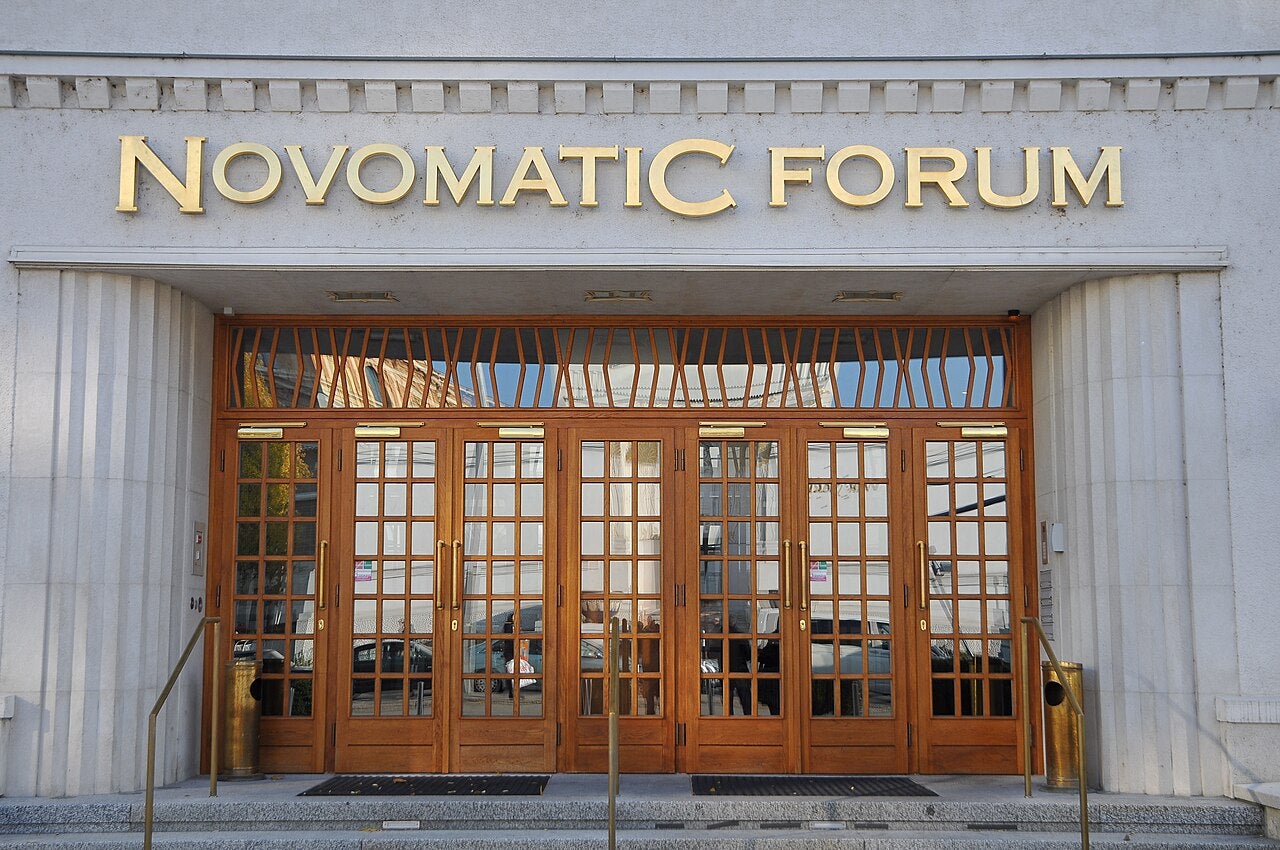
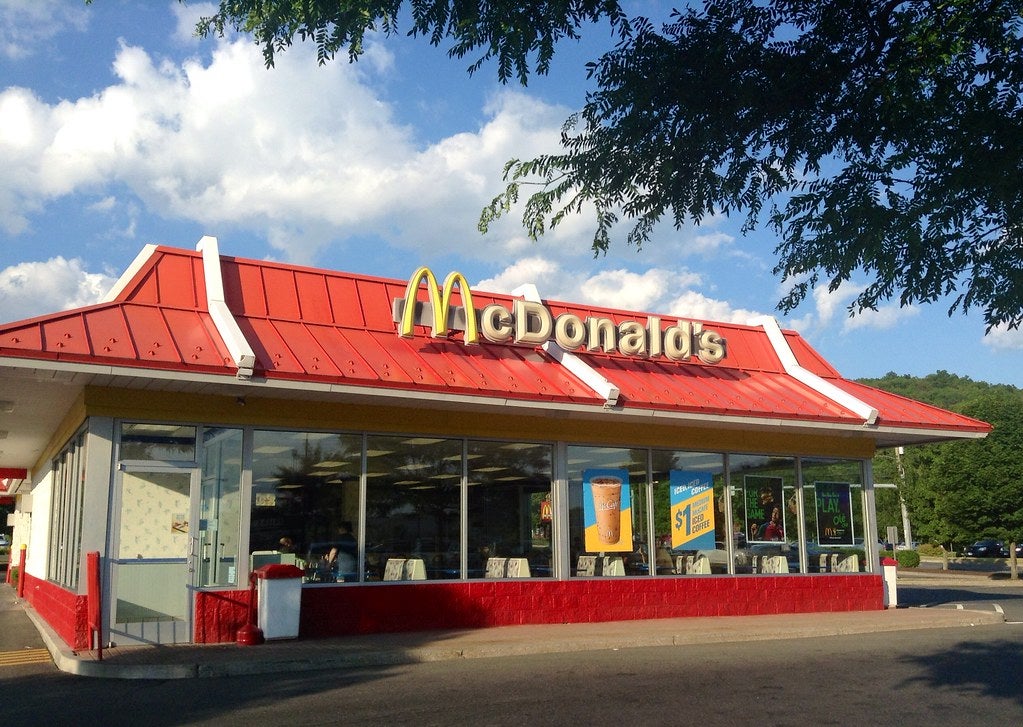


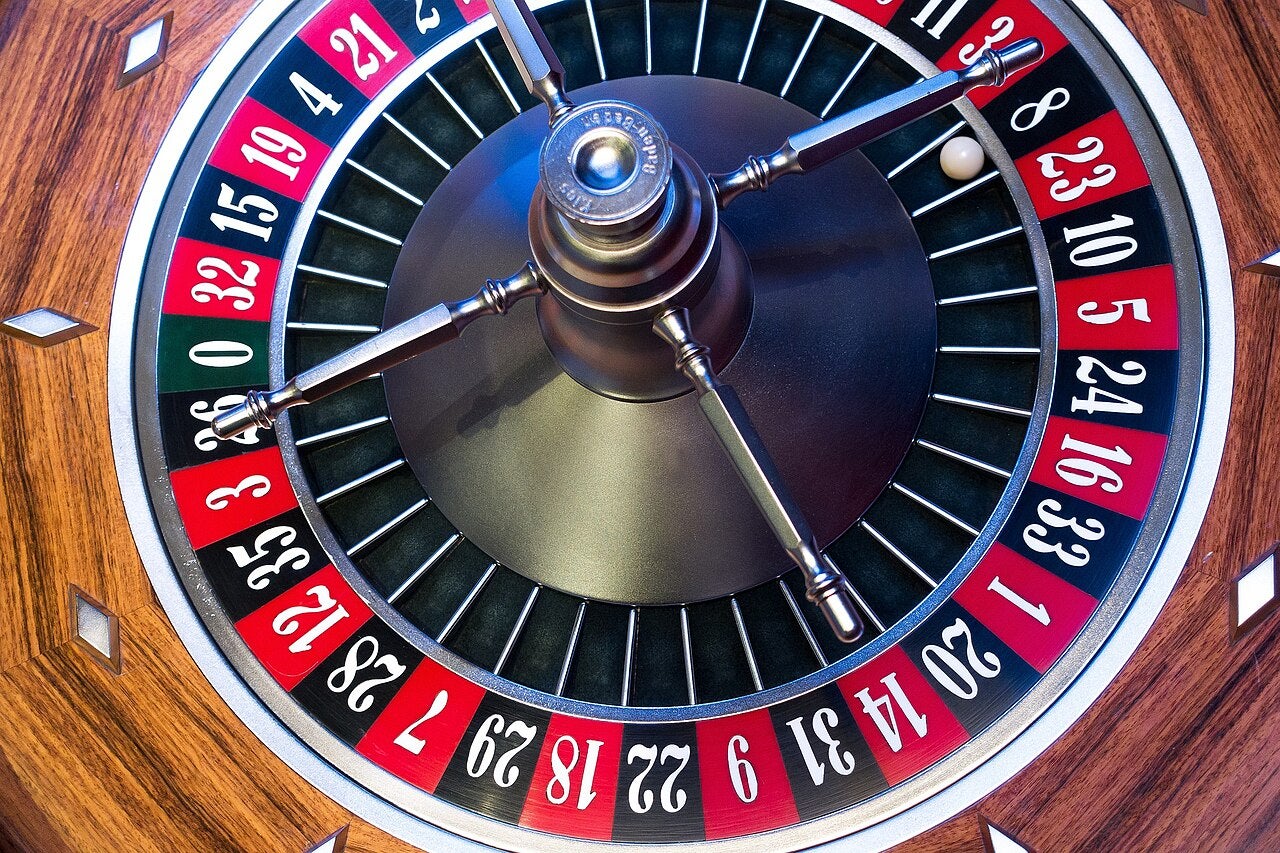


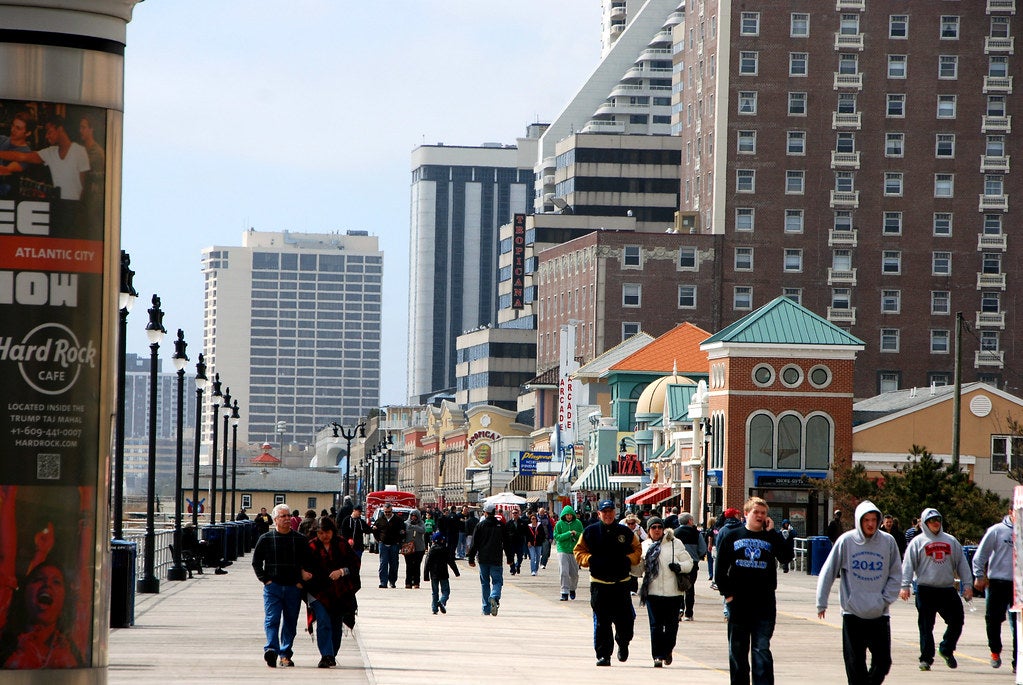



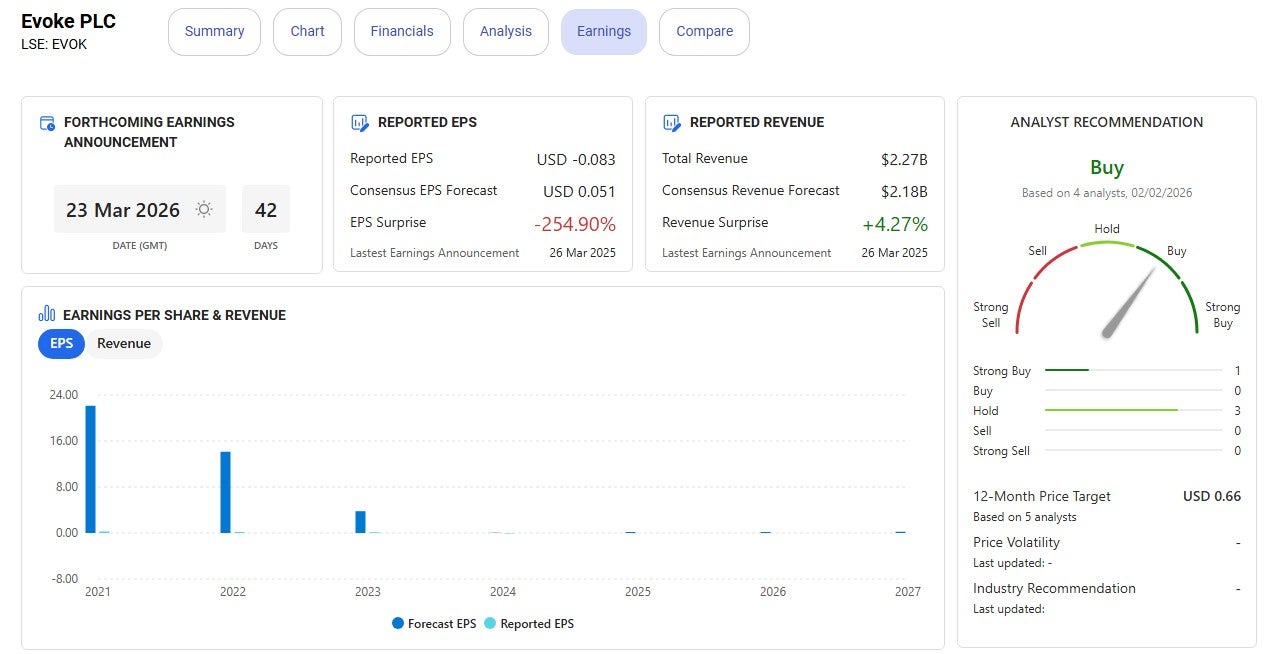

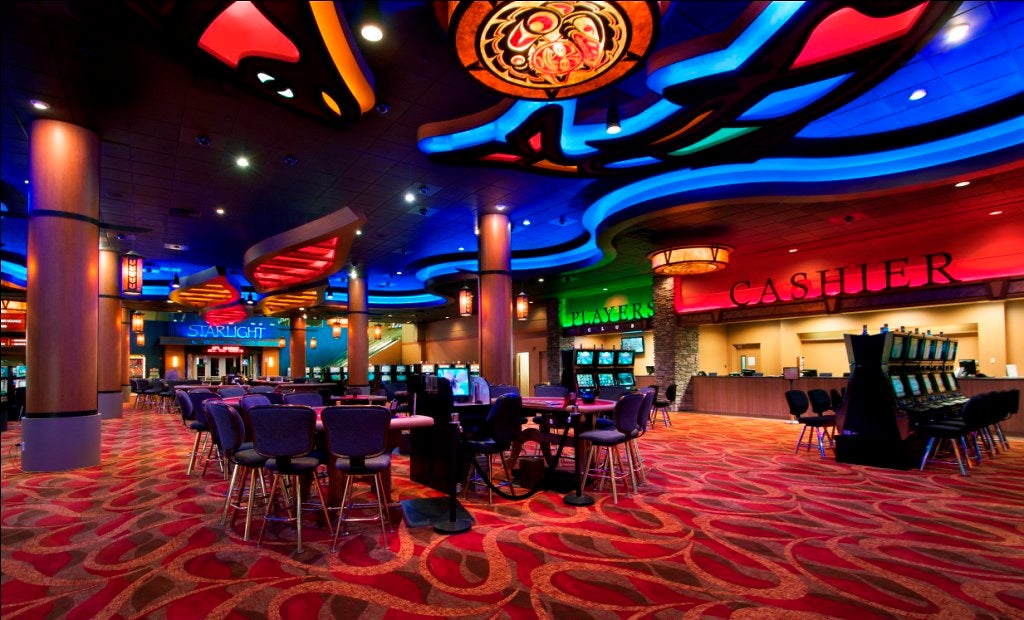
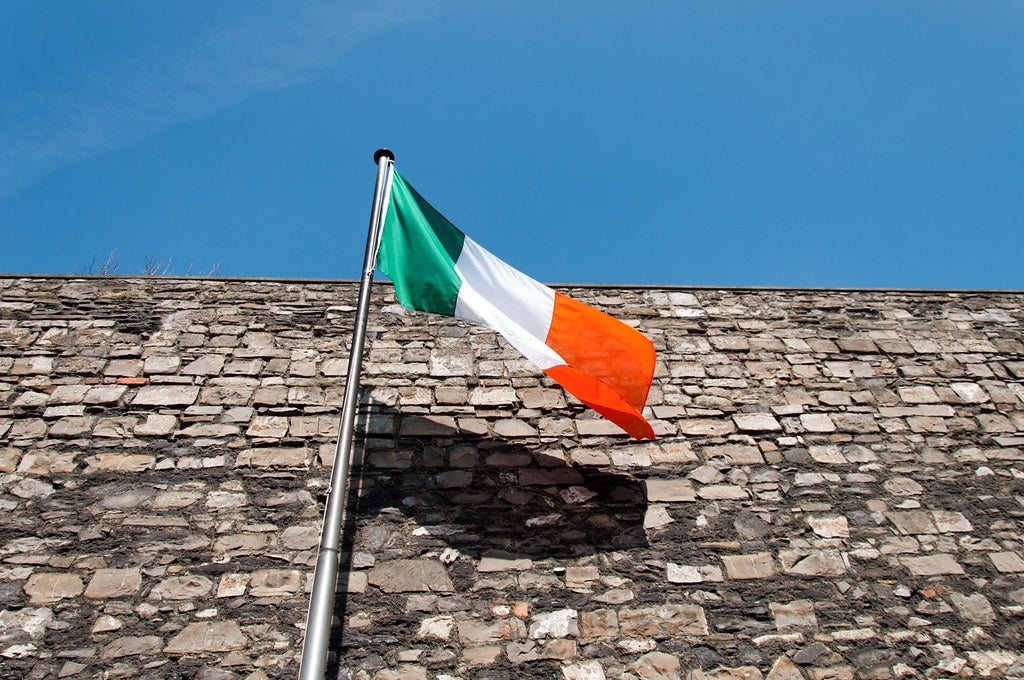

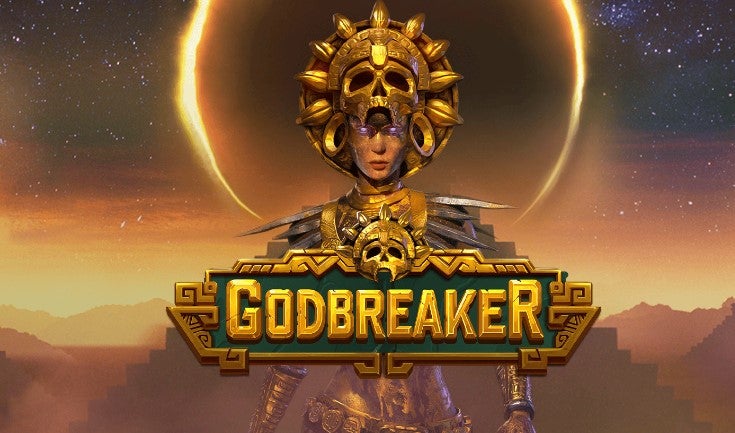
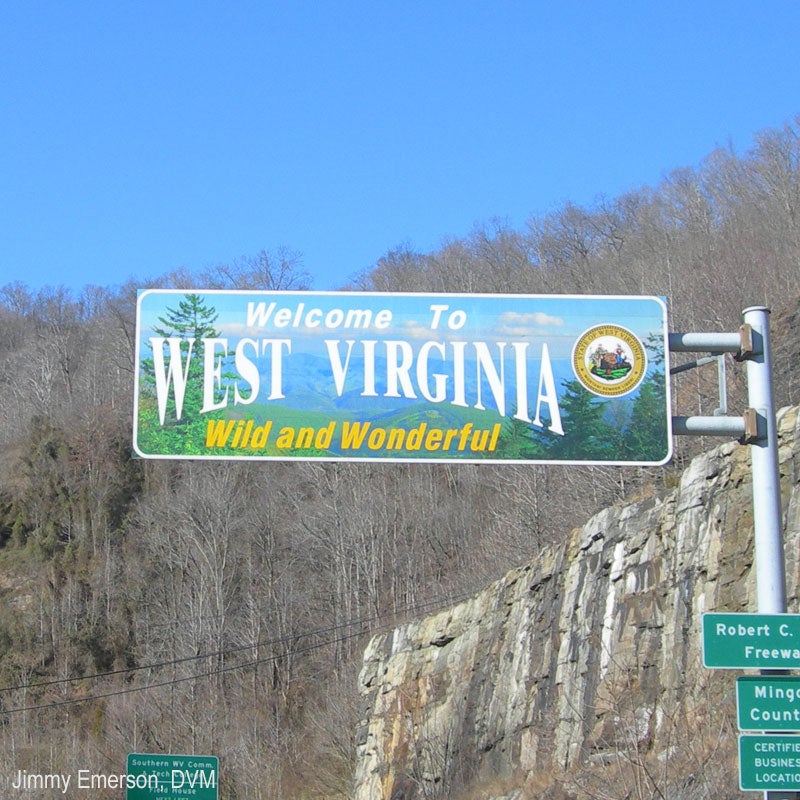
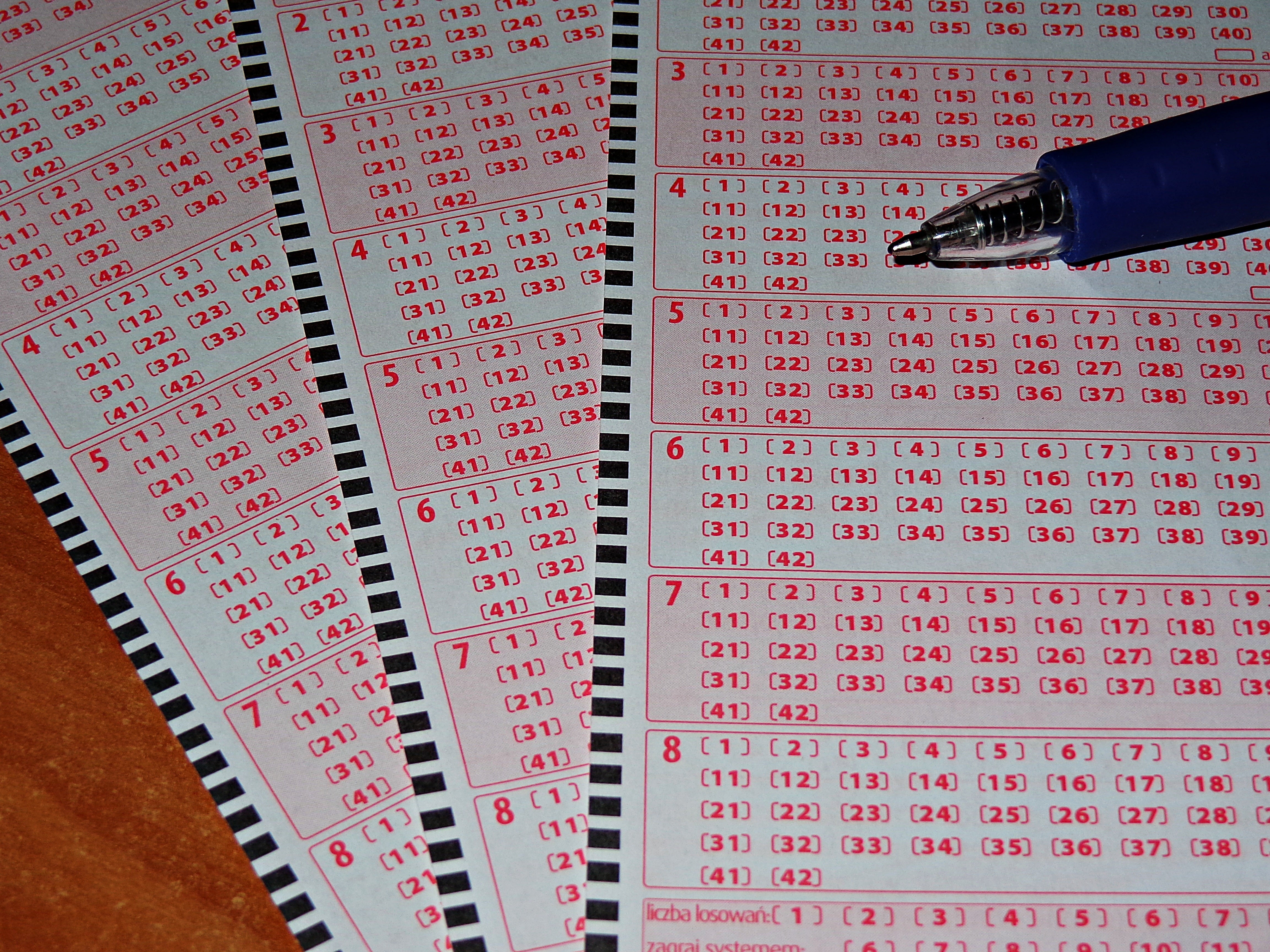
.jpg)
